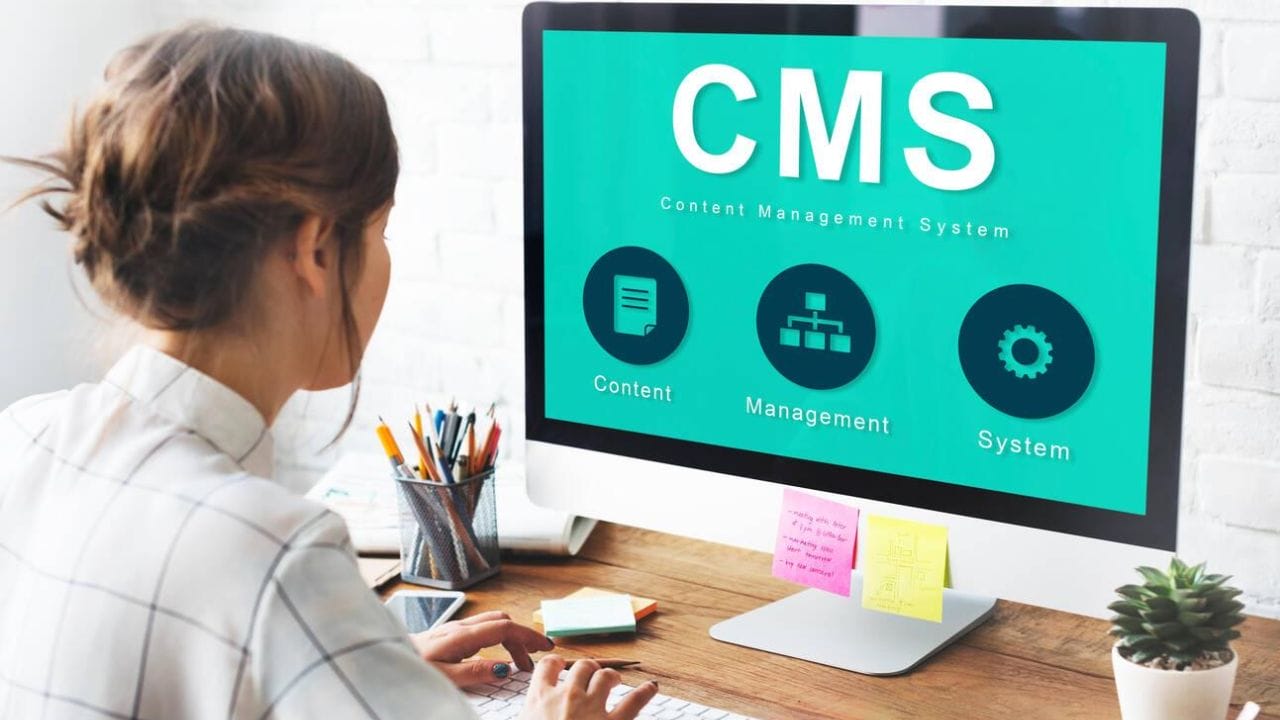Content management systems (CMS) are designed to streamline a website’s content management process, but not all of these systems are created equal in terms of functionality, usability, or aesthetics. It may seem like a minor decision, but your choice of CMS can have a lasting impact on the management of your website and your quality of life.
There is no best CMS
If you are reading this article because you want to find out which CMS is the best, you will be disappointed. This is because there is no “best” CMS. While there are some CMS platforms that are clearly better than their competitors, CMS platforms at the higher levels tend to have complementary strengths and weaknesses.
Umbraco, for example, is often considered an ideal CMS for B2B companies, but it is not always the best choice for B2C applications or freelance bloggers. It has a number of features that are necessary for B2B businesses to thrive, but that doesn’t make it perfect for every situation.
Finding the CMS that best suits your business requires you to understand your own needs and your own niche, as well as understanding the inner workings of the CMS.
Why is it important to choose a CMS?
Why is it so important to choose a CMS when they all do exactly the same thing?
1. Cost. There are many CMS platforms that are completely open source. In other words, it is completely free to use, even for commercial applications. But to get access to some CMS platforms, you’ll need to pay a fee or a recurring subscription. Depending on what you’re looking for, it may be worth spending the extra money or you may want to take advantage of the budget option. There are certainly many free CMS platforms worth using that can help you stay under budget.
2. Ease of use. Different CMS platforms also have very different user experiences. If you want your website management to flow as smoothly as possible and if you want to have fewer headaches when publishing and managing your content on the site, it’s important to choose a platform that offers convenient ease of use. Ideally, you should have a platform that is so intuitive that you don’t need to spend hours training on how to use it. This will not only save you time initially, but will also reduce the time you will have to spend training others. On top of that, easier-to-use platforms tend to have fewer complications; You’ll encounter fewer obstacles when using one and will be much better able to solve problems as they arise.
3. Personalization. Some brands require a CMS with great customization capacity. They don’t want a package that is totally out of the box; They want to perfect the final part of their content management experience. That said, customization is not a high priority for all CMS users.
4. Security. Obviously, web security depends on your ability to adhere to general best practices with your CMS, especially simple ones like maintaining a strong password. But the strength of your CMS also matters. If your CMS has security holes or vulnerabilities that are not patched, it could make your entire website vulnerable to cybercriminals.
5. Access to features. Some CMS platforms are designed to be as minimalist as possible and only offer essential functions. Others are much more robust and offer a wide range of different features to control the content on your website. For some entities, these features are superfluous; For others, they are practically necessary.
6. Support and future development. You should also pay attention to a CMS platform’s current level of support and the potential for future development. Is there a team of developers responsible for maintaining this platform? Or does this open source platform have a stable and thriving community? Is there a roadmap for new features coming in the future?
7. Scalability. Lastly, you’ll need to think about scalability, especially if your business plans to grow in the future. Will you be able to maintain this CMS even as your business grows in popularity and you have a lot more content to distribute?
Doing your due diligence
As you begin searching for the perfect CMS platform for your needs, be sure to follow the following strategies:
- Understand your main options. When generating a list of CMS platforms to consider, dig deeper to discover all the strengths and weaknesses of each platform. You need to understand your main options, inside and out.
- Talk to the professionals. Website designers and developers typically have more experience with different CMS platforms, so they can help you understand which platform will best suit your needs.
- Do competitive research. See if you can find out what CMS platforms your competitors are using. It might help you narrow down your list or discover an option you hadn’t considered before.
- Read ratings and reviews. Ratings and reviews are excellent indicators of the overall usefulness and popularity of the CMS platform.
- Compare apples to apples. Try to compare options as directly as possible for a more objective analysis.
Your choice in CMS is important. And since there is no single “best” CMS, it’s important that you understand your own wants and needs as you search for one. Talk to a team of professional designers and developers to get a much clearer idea of which CMS will be best for your organization.
Categories: Technology
Source: vtt.edu.vn
